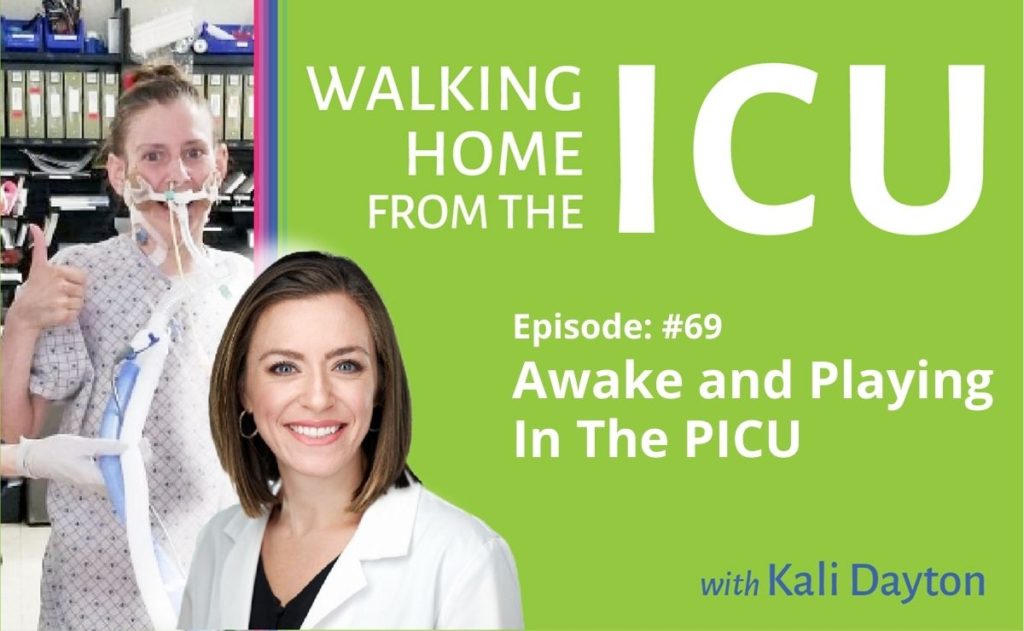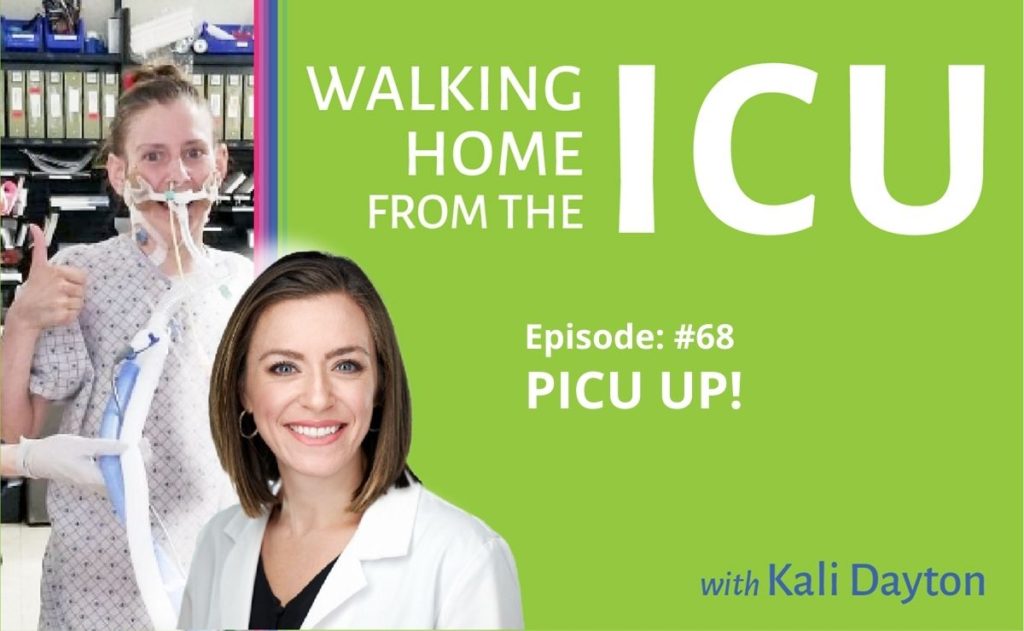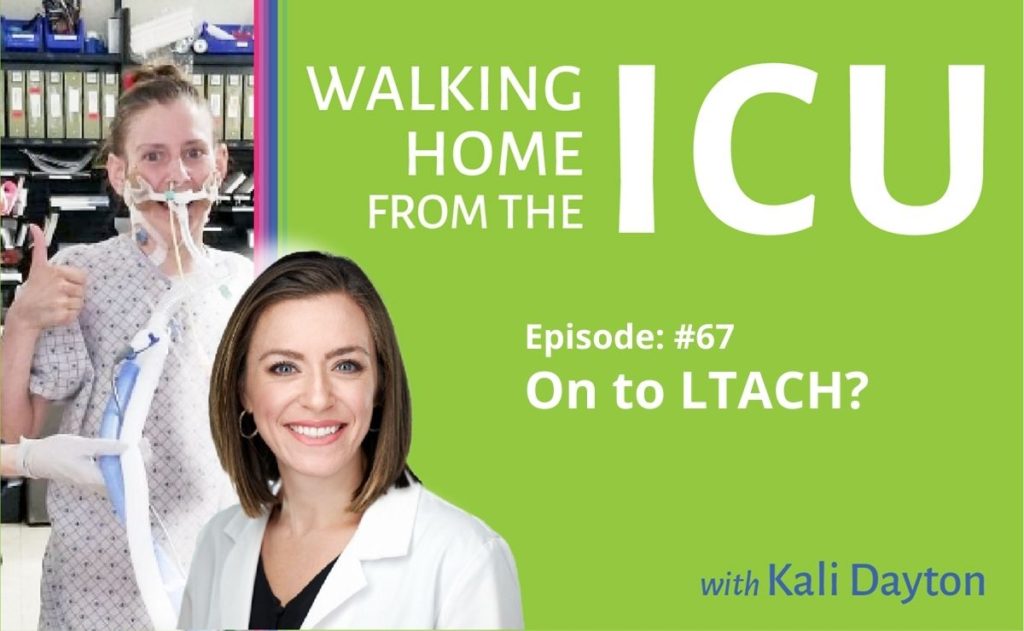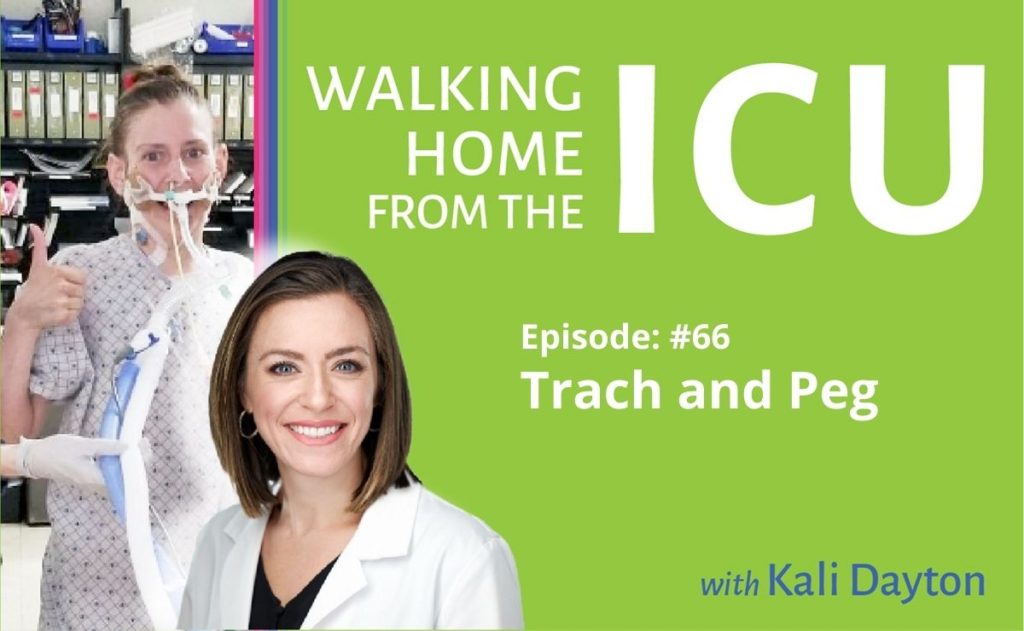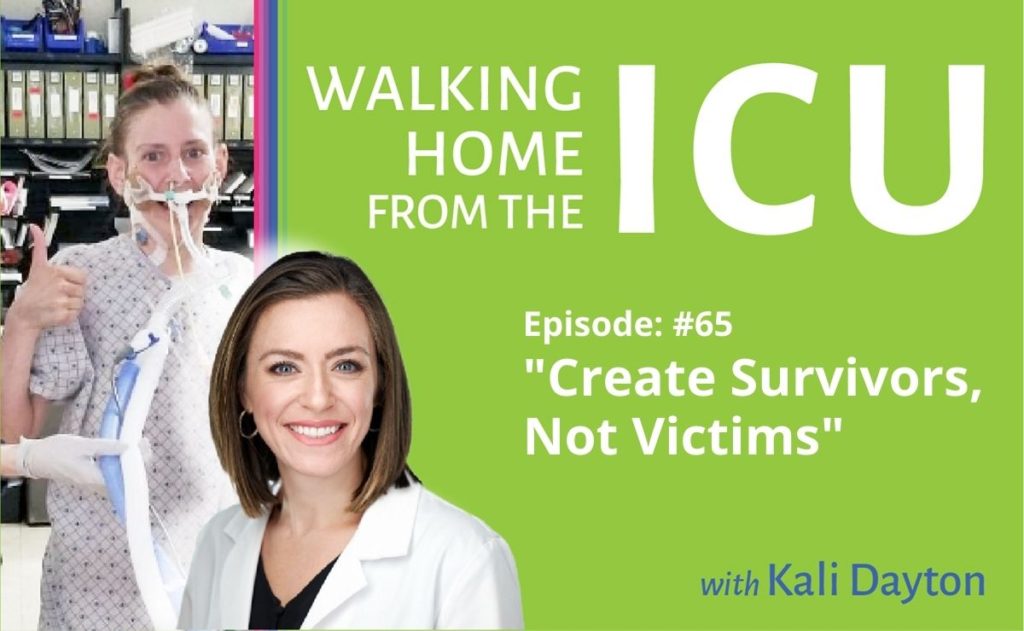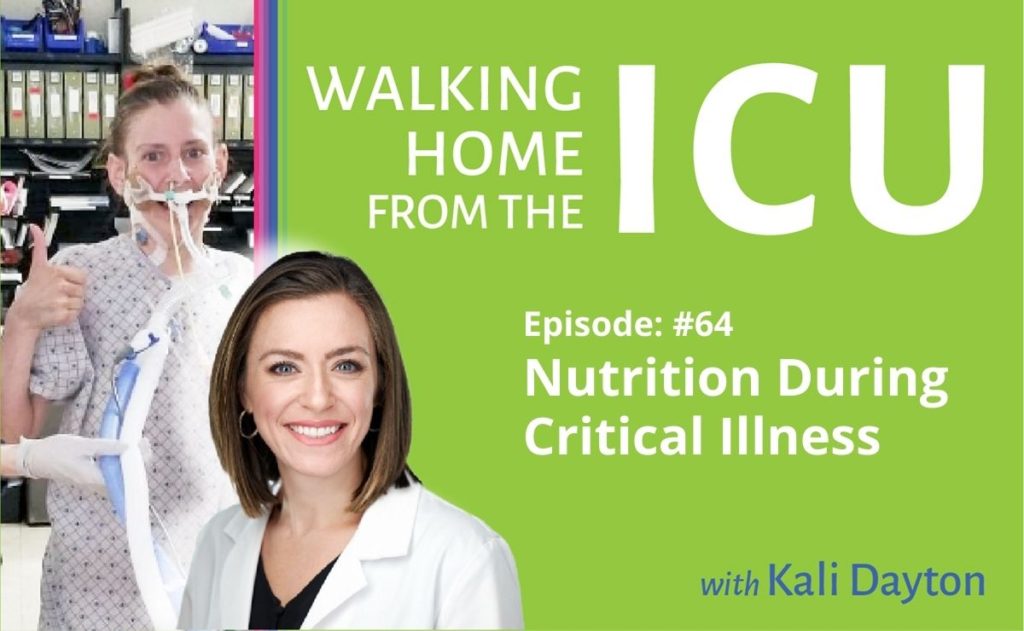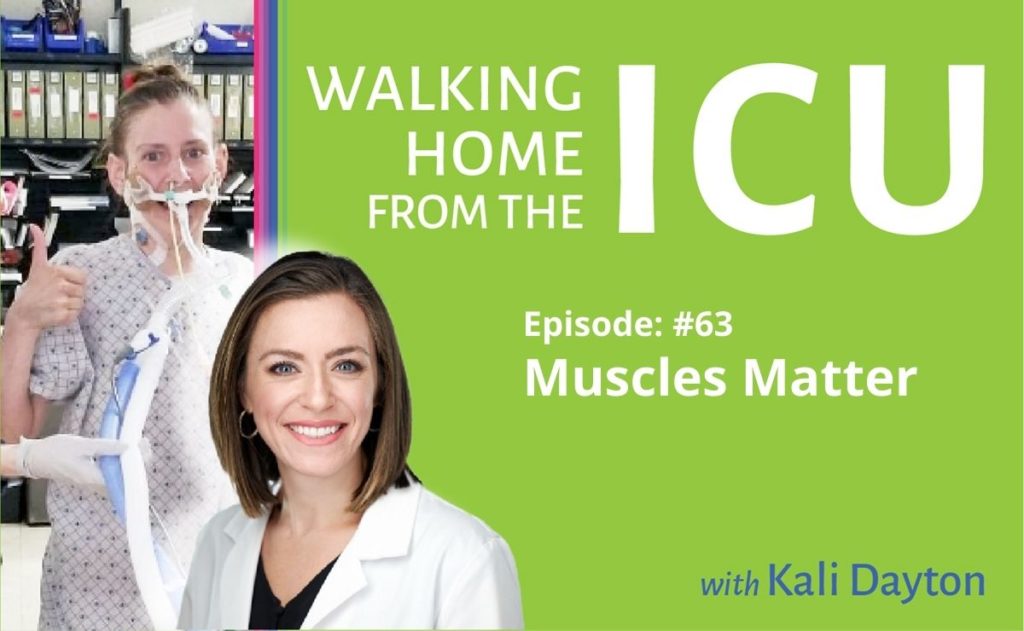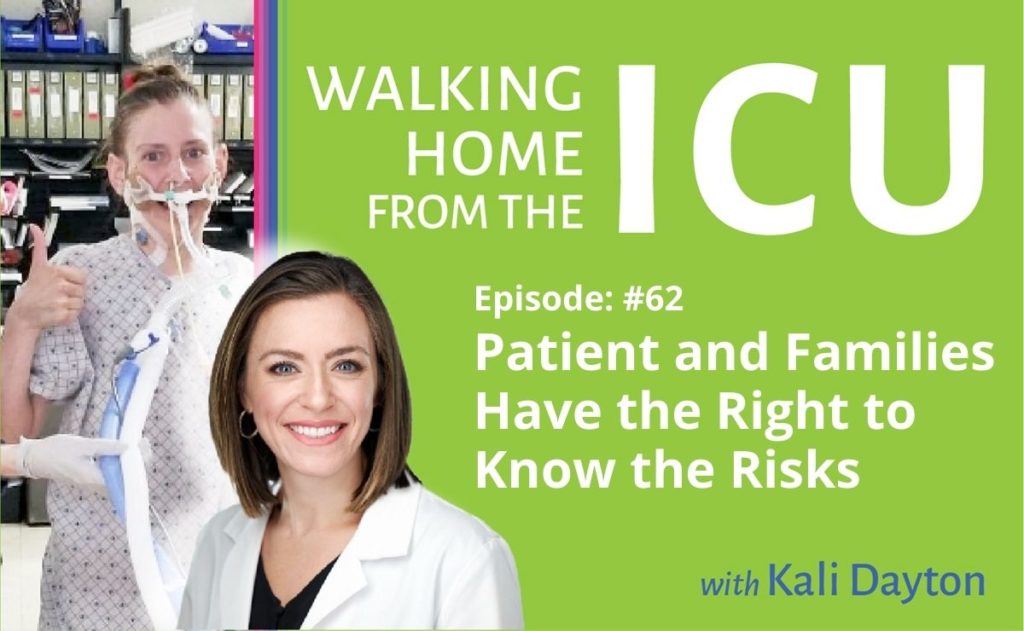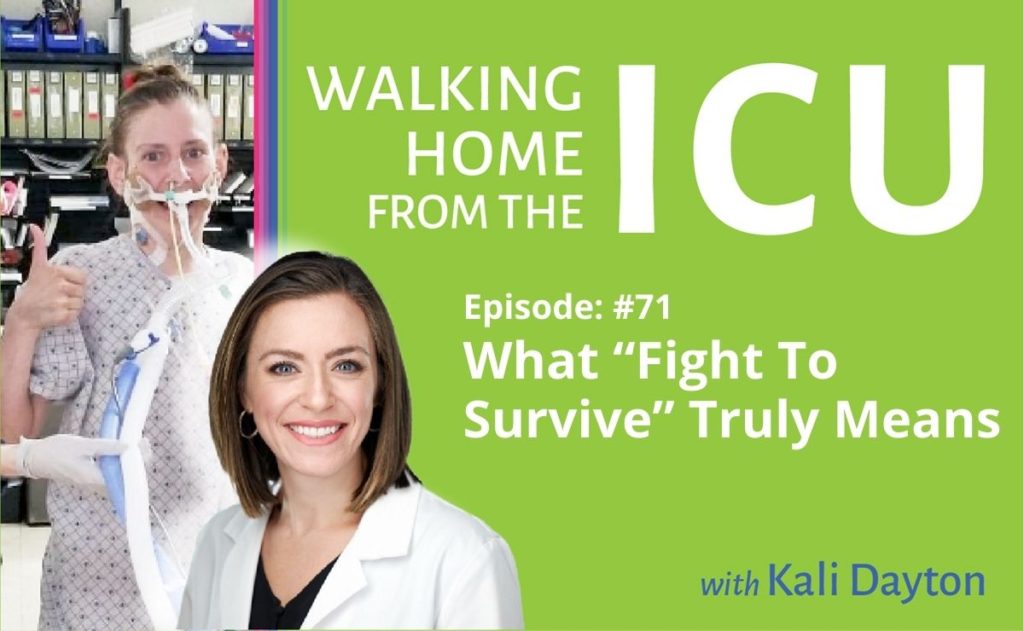
Walking Home From The ICU Episode 71: What “Fight To Survive” Truly Means
When an ICU team started discussing end-of-life with 31-year-old Megan Wakley’s family, they fought to have her transferred to the “Awake and Walking ICU”. When research shows that the less sedation used and the more mobility performed the less likely patients are to die, what did that mean for Megan Wakely? Episode Transcription Kali
Learn More > from Walking Home From The ICU Episode 71: What “Fight To Survive” Truly Means

